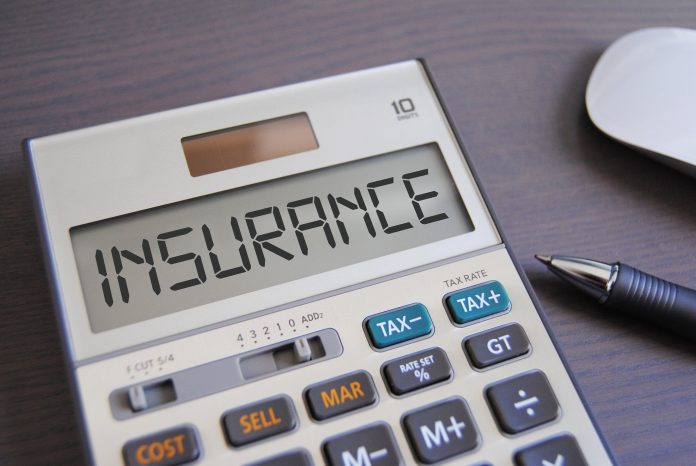Running a successful small business is hard work, and sometimes a pretty risky endeavor.
If you’re operating your small business without insurance, you are putting your personal assets at risk. Not to mention, if you don’t have insurance and you get sued, your business may not survive the financial fallout.
Fortunately, for every risk you can imagine there is most likely an insurance policy that will cover it.
What Insurance Does Your Small Business Need?
Even if you do have some insurance, you may find that there are serious gaps in your coverage.
Different businesses have different insurance needs and there is no one-size-fits-all coverage. Someone who runs a law firm needs different types of insurance than a business that sells physical products.
To help you get started, we have outlined six types of insurance you should look into for your small business.
1. Professional liability insurance
You may already have a general liability policy for your business. But you may be surprised to learn that many claims aren’t covered under general liability policies.
Professional liability insurance can help you fill in these gaps in coverage. This is also sometimes referred to as E&O (errors and omissions) insurance.
If you offer a professional service (for example, you’re a lawyer, accountant, or a consultant), then this definitely applies to you. It will protect your business from claims of negligence due to a mistake or failure to perform.
2. Commercial property insurance
If your business owns or leases property, then you will need commercial property insurance. It will protect your property, inventory, and equipment from fire, theft, or a storm.
However, floods and earthquakes are not usually covered by standard policies. So if this is a concern due to the location of your business you will want to look into a separate policy.
3. Workers’ compensation insurance
When do you need workers’ compensation insurance? As soon as you have hired your first employee.
In fact, if you have any W-2 employees, your state will require that you buy workman’s comp insurance. It is a necessity even if your employees perform very low-risk work.
Worker’s compensation insurance will cover your employee’s medical bills if that person gets injured at work. It will also replace any lost wages due to missed work.
And in exchange, your employees give up their right to take legal action against your company. So if one of your employees suffers a serious or even fatal injury at work, worker’s comp will protect your company from a lawsuit.
4. Cyber insurance
Regardless of the size of your business, you are at risk for a data breach. In fact, there is a strong possibility that you have already had a data breach and weren’t aware of it.
It’s a troubling thought but the reality is that as our world becomes more connected, the need for cyber insurance will only increase. If you store personal information or accept online payments then you will need cyber insurance.
Cyber insurance covers quite a bit — it will cover any money lost due to the cyber breach. It will also cover the costs associated with notifying your customers about the breach.
This is important for small businesses because it will provide you with the money to keep your business running until you can resume your normal operations.
5. D&O insurance
D&O insurance will protect your company’s directors and officers in the event that they are personally sued. It will cover their legal fees and any settlements as a result of the lawsuit.
It’s a common misconception that D&O insurance is only for publicly traded companies. You don’t have to have shareholders for one of your officers to be personally sued.
In fact, 17 percent of company executives worry that their business might experience a D&O related lawsuit in the coming years. And your general liability policy will not usually cover lawsuits involving management liability.
6. Product liability insurance
This type of lawsuit will cover you if a product your sell hurts someone or makes them sick. And it’s not just restaurants that are at risk for this — any business that sells physical products has product liability risks.
And this study fund that product liability claims cost businesses an average of $35,000. Product liability insurance will cover your legal fees, medical and financial damages to the injured party, and any settlements as a result of the lawsuit.
Conclusion
Are you still unsure what kind of insurance your business needs? We get it — insurance is a confusing topic for many people. However, this process doesn’t have to be difficult.
Your best course of action is to speak with an insurance broker about the type of business you run. They will make recommendations about the different types of insurance your business needs.
And a digital business insurance brokerage and risk management platform like Embroker will continually monitor your policies to identify potential gaps in coverage.
Find a Home-Based Business to Start-Up >>> Hundreds of Business Listings.

















































